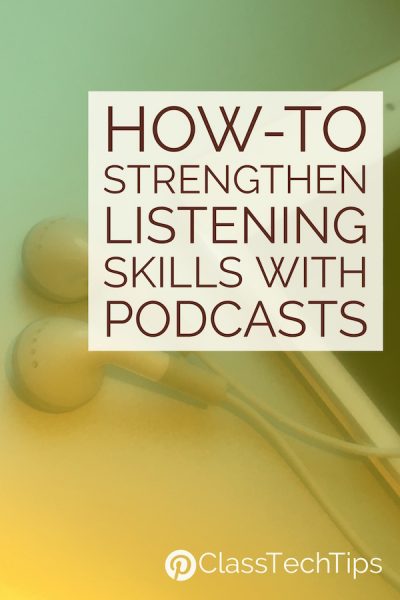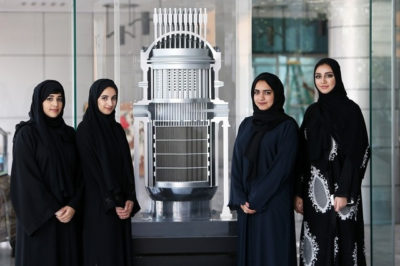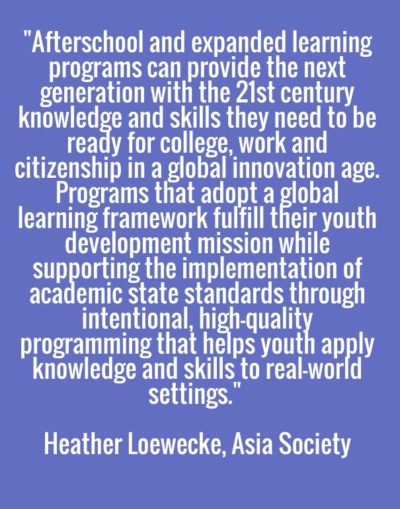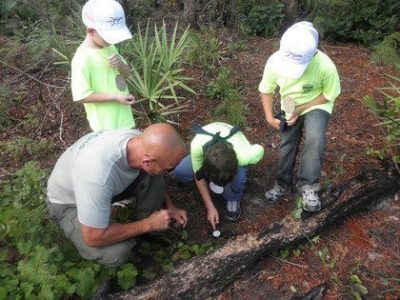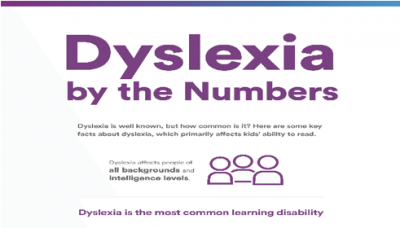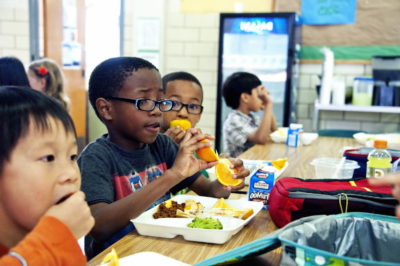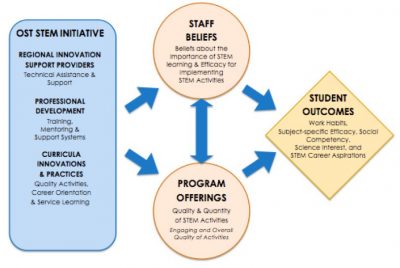Breakfast Club Blog

The BOOST Breakfast Club Blog is a curated space where bloggers from around the world contribute content on a continual basis about a variety of topics relevant to in and out-of-school time. The BOOST Breakfast Club blog is at the heart of an ongoing dialogue where expanded learning and education professionals share their personal thoughts and stories from the in and out-of-school time field. They also tell us what they ate for breakfast!
The BOOST Breakfast Club Blog is Brain Food for In and Out-of-School Time Leaders!
Interested in becoming a blogger? Email [email protected]
Click here to Register for a free account or click here to Login to your existing account.
Youth Watch – Observing the Earth for NASA Scientists
Observing. Critical Thinking. Accurate Recording. Reflection. These are much needed skills for living in the complexities of today’s world. Developing these skills helps round out youths’ abilities to navigate in and contribute to a better world, whether as a concerned person or a student looking towards a future career in science or technology. You can support your students to have fun, learn the habits of mind of scientists, and gain some real skills observing and contributing data...Read More
Why it’s Important to Ask “What Could Go Wrong?” During Program Planning
Planning a new program or improvements to an existing program usually involves setting objectives, planning activities, and other critical tasks. In the excitement of planning something new, it can seem like a buzzkill to ask, “What could go wrong?” Several months ago, I started asking this question consistently with staff teams in my division of the Ann Arbor Public Schools. We discussed it when we were planning a kick-off meeting for a district-wide initiative, when we were conside...Read More
How To Strengthen Student Listening Skills with Podcasts
Today’s post is written by guest author Monica Burns and was originally posted on ClassTechTips.com. Monica Burns is an Author, Speaker, Curriculum & EdTech Consultant and Apple Distinguished Educator. Visit her site ClassTechTips.com for more ideas on how to become a tech-savvy teacher. Podcasts are a great way to help strengthen student listening skills. Podcasts are audio (and sometimes video) recordings similar to a radio program or television episode. A wide range of organization...Read More
Shifting From the Sage on the Stage
Learning doesn’t always have to be teacher led. There are other models that create authentic experiences for students and are closer to what they will experience once they are finished with school. Last spring, a group of high school juniors came to me, wanting to explore the intersection of art and technology using both paper and sewn circuitry. I had never worked with either before but was excited to learn these tools myself, so I eagerly agreed to the project. Tinkering alongside your student...Read More
Arab Women Make a Charge into Engineering
In the face of strong headwinds… In Saudi Arabia, women can’t drive. In Lebanon, sexual harassment is legal. And even in the United Arab Emirates – relatively advanced on gender issues among predominantly Muslim countries – men can physically discipline their wives. Across all 22 states in the Arab world, women face legal and cultural obstacles unfamiliar to women in the United States. Arab Women Push Ahead One area, though, in which Arab women in fact face lesser obstacles and achieve at a high...Read More
“Teacher, I’m A 6!” – Thoughts on Children & The Enneagram
Use of The Enneagram – a personality profiling system – has risen in popularity in the past few years. Some scholars trace its use to ancient cultures and religions, but its use in post-modern self-awareness growth can be more attributed to psychological, sociological, and mystical studies beginning in the 1960’s and 1970’s. Serious Enneagram practitioners and scholars would caution people about using it as a parlour trick to amuse ourselves. It was, after all, designed to help us un...Read More
Civic Engagement and Education
Today is Election Day. And while we have read, watched, discussed and likely studied candidates, policies, and perspectives, our civic education shouldn’t slow down after this important date. As educators, we have the opportunity to creatively teach and engage young people in civic education. Heather Loewecke, Senior Program Manager, Afterschool and Youth Leadership Initiatives at Asia Society has written a timely piece, Civics Education is the Foundation for Global Citizenship, that we highly e...Read More
Global Place-Based Learning Through the National Park Service
Asia Society and BOOST Collaborative are partnering to create a series of blogs on global learning in out-of-school time. This blog entry was originally published on EdWeek’s Global Learning Blog. This piece is written by Linda Rosenblum, Education Program Manager and Servicewide Teacher Ranger Teacher Coordinator, National Park Service. National Park Service (NPS) parks and historic sites provide unique opportunities for students to study history, science, civics, culture, and global issu...Read More
October is Dyslexia Awareness Month
1 in 5 children have dyslexia, a specific learning disability that impacts language processing (speech, reading, and writing). While this is something that impacts the lives of the children in our programs, it is something that doesn’t often get covered in teacher or youth worker training programs. As the mother of a child with dyslexia, I have picked up a few tips and hints that I typically pass on to teachers and staff at the beginning of the year. I figured October being Dyslexia Awaren...Read More
Taking Stock of and Improving Your Program’s Food
Having made it through the hectic beginning of the new school year, now is a great time to take a fresh look at the food served in your afterschool program. Food is an important part of any afterschool program, helping to draw in children and to ensure that they are not hungry and can fully benefit from the activities being offered. Is your program providing fruits and vegetables, whole grains, lean meats and low fat milk? For the millions of children who live in homes struggling to put food on ...Read More
Findings From an Afterschool STEM Learning Initiative: Links to Professional Development and Quality STEM Learning Experiences
The third issue of the Journal of Expanded Learning Opportunities (JELO) has arrived! This spring issue launched at the 2016 BOOST Conference and features a conversation about quality programming in afterschool, an article on the role that social-emotional learning can play to close the achievement and learning gaps, and an article focusing on the links between professional development and quality STEM learning experiences. You can visit the first week’s installment about social emotional ...Read More






